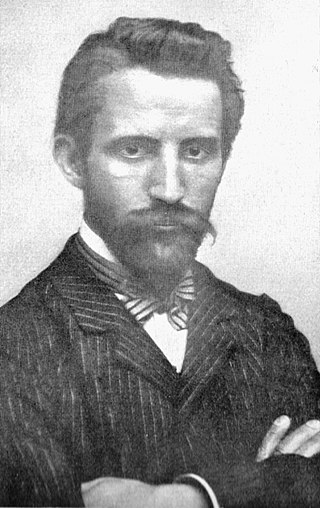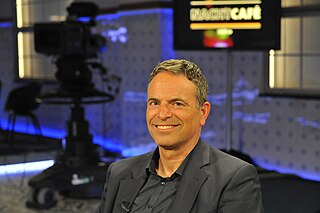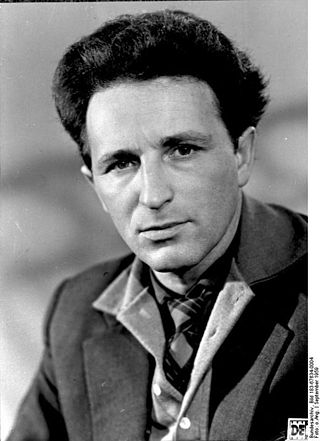
Konrad Wolf was an East German film director. He was the son of writer, doctor and diplomat Friedrich Wolf, and the younger brother of Stasi spymaster Markus Wolf. "Koni" was his nickname.

Heinrich Khunrath, or Dr. Henricus Khunrath as he was also called, was a German physician, hermetic philosopher, and alchemist. Frances Yates considered him to be a link between the philosophy of John Dee and Rosicrucianism. His name, in the spelling "Henricus Künraht" was used as a pseudonym for the 1670 publisher of the Tractatus Theologico-Politicus of Baruch Spinoza.

Vojtěch Matyáš Jírovec was a Bohemian composer. He mainly wrote instrumental works, with a great production of string quartets and symphonies; his operas and singspiele numbered more than 30, including Semiramide (1791), Der Augenarzt (1811), and Robert, oder Die Prüfung (1815).

Benno Fritz Paul Alexander Konrad Haenisch was a German Social Democratic Party politician and part of "the radical Marxist Left" of German politics. He was a friend and follower of Alexander Parvus.

Wolfgang Kieling was a German actor.
This is a chronological list of works by E. T. A. Hoffmann.

Wolfgang Langhoff was a German theatre, film and television actor and theatre director.

Felix Georg Pfeifer was a German sculptor and medallist.

The Karlsruhe Zoo is a city garden with a zoo in the southwest of Karlsruhe, Germany. It also encompasses the outer area; Tierpark Oberwald in the southeast of the city. The main area totals 22 hectares, and the Oberwald Zoo has an area of 16 hectares. A total of around 3000 animals of over 240 species live at the Zoologische Stadtgarten Karlsruhe. The city garden is located north of the Karlsruhe Hauptbahnhof and south of the Karlsruhe Congress between the Karlsruhe districts of Südstadt and Südweststadt. The zoo was opened in 1865, making it one of the oldest zoos in Germany. The city garden and zoo form a common, enclosed area and cannot be visited separately.
Kinaesthetics is the study of body motion, and of the perception of one's own body motions. Kinesthesis is the learning of movements that an individual commonly performs. The individual must repeat the motions that they are trying to learn and perfect many times for this to happen.
Herbert Hahn was a German teacher and Anthroposophist.

Siegfried Trebitsch (1868–1956) was an Austrian playwright, translator, novelist and poet. Though prolific as a writer in various genres, he was best known for his German translations, especially of the works of the Irish playwright George Bernard Shaw, with whom he kept up a long and detailed correspondence. He is also known for translations of French writers, especially Georges Courteline.
Willy Schiller was a German art director. In the later part of his career he worked for DEFA, the East German state-controlled film studio.

Ingmar Malte Hoerr is a German biologist. He pioneered vaccinology research concerning the use of RNA and is a founder of the German biotechnology company CureVac. He created the initial technology used in RNA vaccines and has reportedly been nominated for a Nobel Prize. He is currently an Ambassador for the European Innovation Council for the years 2021–2027.

Paul Wiens was a German poet, translator and author of radio plays and screenplays in the German Democratic Republic.
Ignaz Wurz was an Austrian Jesuit priest who taught rhetoric and published several dramas and textbooks.
This page is based on this
Wikipedia article Text is available under the
CC BY-SA 4.0 license; additional terms may apply.
Images, videos and audio are available under their respective licenses.










